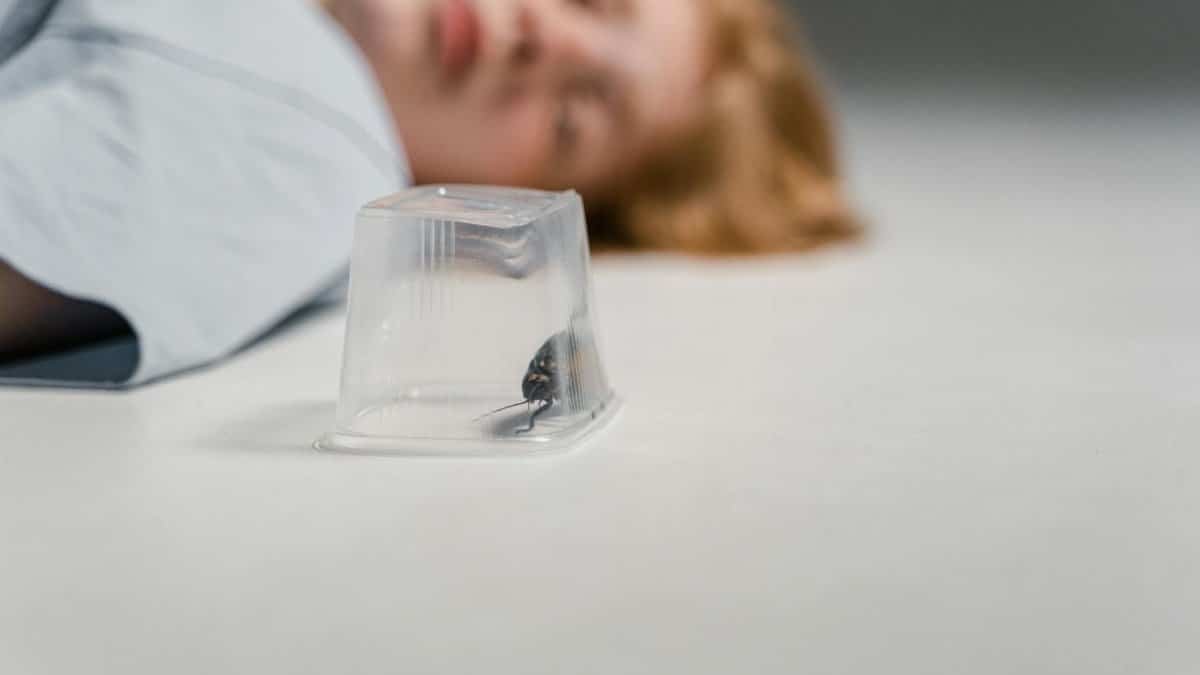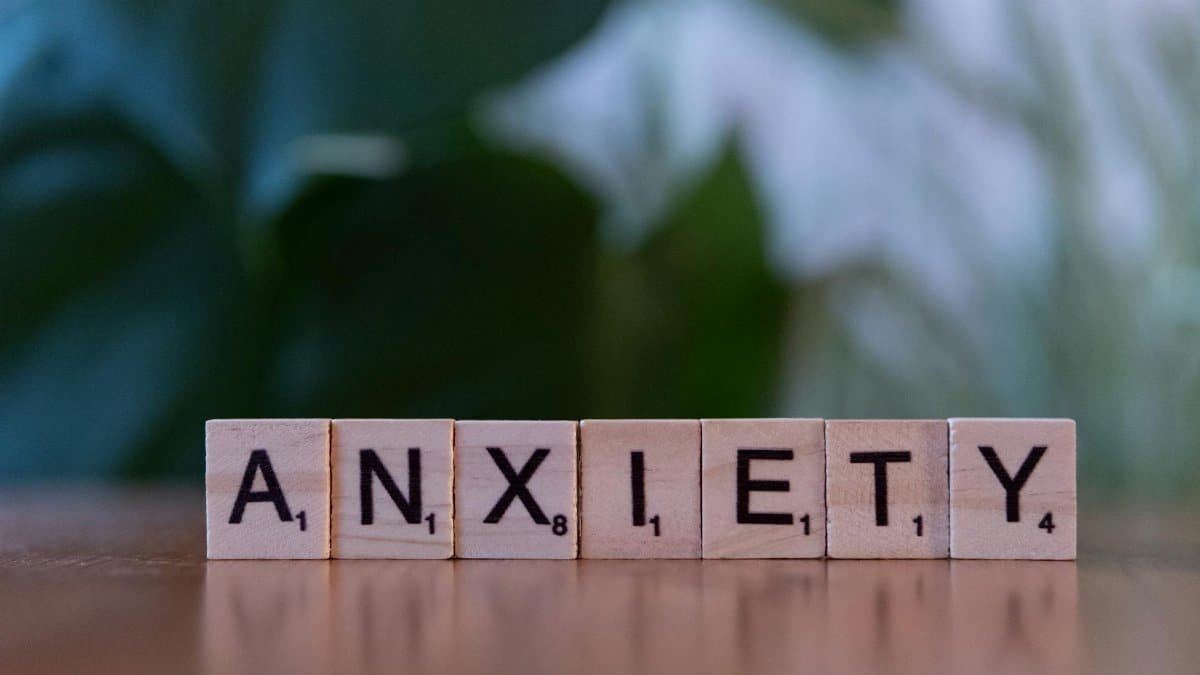UVA hypnosis mental health evidence is causing a major shift in therapeutic approaches this year. Researchers at the University of Virginia have confirmed that clinical hypnosis, long overlooked in mainstream mental health care, holds robust potential for treating a range of conditions. Their findings, released on March 1, 2025, highlight hypnosis as a viable option for issues like irritable bowel syndrome (IBS), anxiety, and mild to moderate depression, with outcomes rivaling established methods like cognitive behavioral therapy (CBT). This could redefine how clinicians address stubborn mental and physical health challenges.
Breaking Ground with Hypnosis Research

The latest study from UVA marks a turning point for clinical hypnosis, a practice often dismissed as fringe or pseudoscientific. Researchers have compiled compelling evidence showing its effectiveness across multiple conditions. This isn’t just a niche experiment—it’s a call to rethink treatment protocols in 2025. The study underscores hypnosis as a tool that’s been hiding in plain sight, ready to support patients who struggle with conventional therapies.
IBS Relief Through Mind-Based Therapy

One of the standout findings from UVA’s research is hypnosis’s impact on irritable bowel syndrome. IBS, a chronic condition affecting the digestive system, often resists traditional medical interventions. The UVA team found that hypnosis can significantly reduce symptoms, offering relief where other treatments fall short. By targeting the mind-gut connection, this approach helps patients manage pain and discomfort in ways that rival more invasive or pharmaceutical options.
Anxiety Management Gets a New Ally

Anxiety disorders, which affect millions of Americans, also respond well to clinical hypnosis, according to UVA’s data. The therapy provides a non-drug alternative that can calm persistent worry and tension. Patients undergoing hypnosis often report a sense of control over their mental state, a critical factor in long-term anxiety management. With results comparable to CBT, hypnosis could become a go-to for therapists seeking versatile tools.
Tackling Mild to Moderate Depression

For those grappling with mild to moderate depression, UVA’s findings offer a glimmer of hope. Hypnosis has shown it can lift mood and improve outlook, matching the effectiveness of CBT in certain cases. This is particularly significant for individuals who don’t respond to medication or prefer non-pharmacological options. The research suggests hypnosis could fill a critical gap in mental health care, especially as demand for accessible treatments grows.
Phobias and Fear Under Control

Specific phobias, often debilitating, are another area where hypnosis shines. UVA researchers noted that the therapy helps patients confront and reframe deep-seated fears, from heights to spiders. By accessing the subconscious, hypnosis can break the cycle of panic that fuels these conditions. This targeted approach offers a faster path to relief for many, positioning it as a practical choice for clinicians.
ADHD and Focus Challenges Addressed

Attention-deficit/hyperactivity disorder (ADHD) also appears on the list of conditions hypnosis can help manage. The UVA study indicates that hypnosis supports focus and behavioral regulation, particularly in milder cases. While not a replacement for comprehensive ADHD care, it adds a valuable layer to treatment plans. This could be a game-changer for parents and educators seeking alternative strategies in 2025 and beyond.
Improving Sleep Without Pills

Sleep disorders, a widespread issue in the U.S., round out the conditions hypnosis effectively targets. UVA’s evidence shows it can help reset disrupted sleep patterns, offering a drug-free way to combat insomnia and related problems. For patients wary of sleep medications’ side effects, this method provides a safer avenue to restful nights. The implications for overall health and productivity are substantial.
Matching CBT’s Gold Standard

Perhaps the most striking aspect of UVA hypnosis mental health evidence is how it stacks up against cognitive behavioral therapy, often considered the gold standard for psychological treatment. The study found comparable outcomes across several conditions, suggesting hypnosis isn’t just an alternative—it’s a contender. This parity could push more providers to integrate hypnosis into their practice, broadening access to effective care.
Why Hypnosis Has Been Underused

Despite its proven benefits, clinical hypnosis has historically been sidelined. Misconceptions about it being mere stage trickery or lacking scientific backing have slowed its adoption. UVA’s rigorous research aims to dismantle these myths, showing that hypnosis is a legitimate clinical tool. The challenge now lies in training more practitioners and educating the public about its potential.
Moving Forward with New Treatment Options

The UVA findings are a wake-up call for the mental health field. With solid evidence supporting hypnosis for conditions like IBS, anxiety, and depression, the therapy could soon see wider use. For more details on the study, check the University of Virginia’s research updates at UVA Research Page. Additional insights on hypnosis in clinical settings can be found through the National Institutes of Health at NIH Official Site. As awareness grows, patients and providers alike stand to gain from this rediscovered resource.
